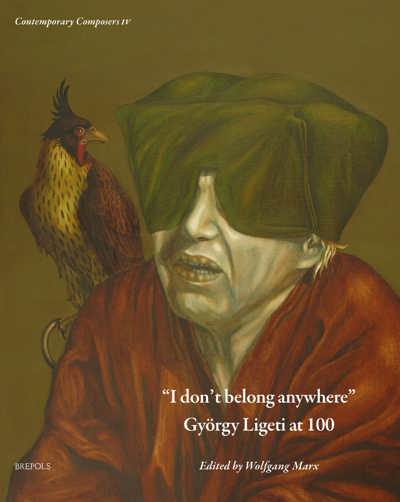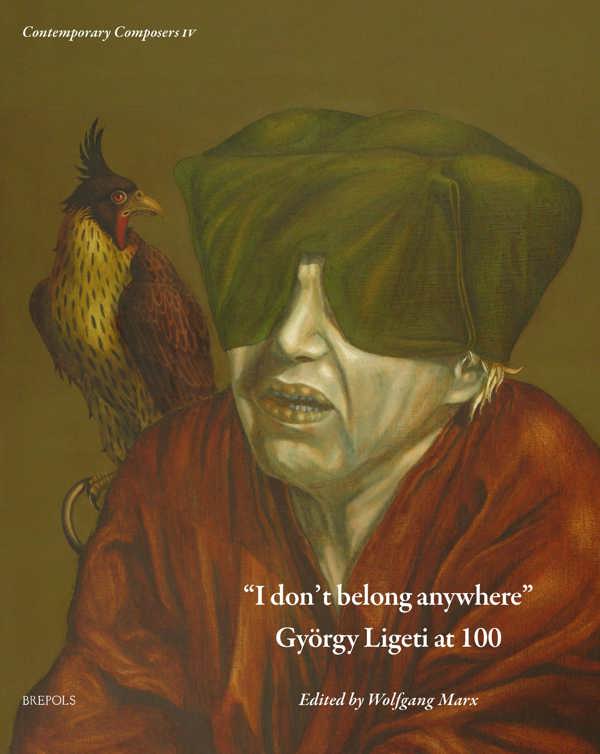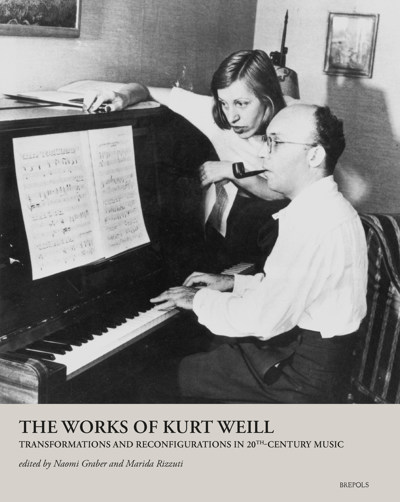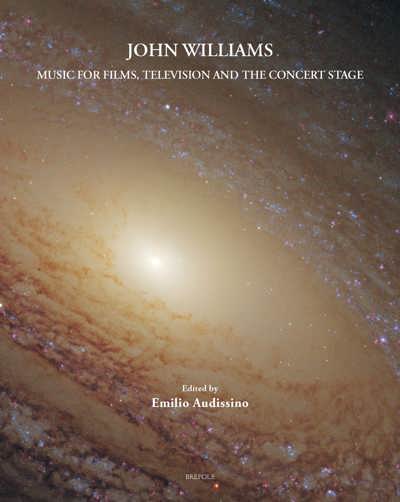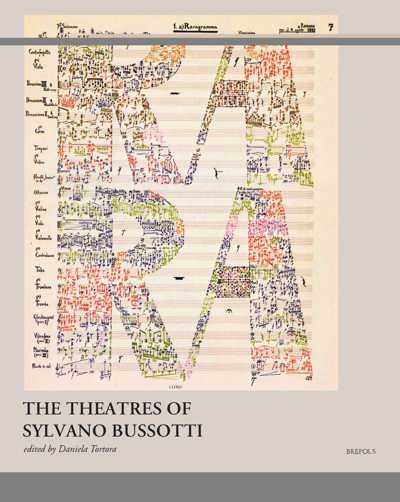
I Don’t Belong Anywhere: György Ligeti at 100
Wolfgang Marx (ed)
- Pages: 300 p.
- Size:220 x 280 mm
- Illustrations:12 b/w, 8 col., 60 musical examples
- Language(s):English
- Publication Year:2022
- € 110,00 EXCL. VAT RETAIL PRICE
- ISBN: 978-2-503-60240-0
- Hardback
- Available
This book aims to map the state of Ligeti research in 2022
Wolfgang Marx is Associate Professor in Musicology at University College Dublin. His main research interests include György Ligeti, the representation of death in music, post-truth and music, and the theory of musical genres. He is co-editor of «György Ligeti: Of Foreign Lands and Strange Sounds» (2011) and has published on «Lontano», the «Nonsense Madrigals», the concept of death in Ligeti’s music, the impact of cultural trauma on his style, and the composer’s prose writings.
2023 marks the centenary of Ligeti’s birth, an appropriate moment to take stock of the relevance this composer has in the contemporary world, to assess where he “belongs” today and how our views of his œuvre and our understanding of his position in musical and cultural history have evolved. What do Ligeti and his music have to say to us in our post-postmodernist age? Why do his works still fascinate us so much? This book offers new readings of core compositions such as «Aventures», «Lontano», «Le Grand Macabre», the «Hölderlin Fantasies» and «Galamb borong». It also reassesses the context and reception of Ligeti’s works, including the influence of Romanian music (not least in his childhood), musical life in Hungary between 1945 and 1956, the ways in which his thinking was influenced by his experience of different soundscapes, yet also the surprisingly widespread use of his music in film and TV (beyond the usual suspect). Finally it presents new sources discovered or made available only recently: letters exchanged between Ligeti and Aliute Mecys in 1972, the correspondence between the composer and his publisher Schott, and an extended BBC interview from 1997.
Wolfgang Marx
Introduction
Ligeti’s Music
Benjamin R. Levy
Condensed Expression and Compositional Technique in György Ligeti’s Aventures and Beyond
Britta Sweers
Listening to Lontano: The Auditory Perception of Ligeti’s Sound Textures
Pierre Michel – Maryse Staiber
Rediscovering the Meaning of Words with Hölderlin: About Drei Phantasien by György Ligeti
Manfred Stahnke
4e Dove and the Bear: ‘Galamb Borong’ and the Connection to ‘Ars Subtilior’
Peter Edwards
Analysing the Concerto for Violin and Orchestra: Apparitions of the Past and Future
Context and Reception
Ewa Schreiber
Listening (to) Ligeti: Tracing Sound Memories and Sound Images in the Composer’s Writings
Márton Kerékfy
‘Functional Music’ and Cantata for the Festival of Youth: New Data on Ligeti’s Works from His Budapest Years
Bianca Țiplea Temeș
Mourning in Folk Style: Ligeti’s Reliance on Romanian Laments
Julia Heimerdinger
György Ligeti’s Film Music beyond Stanley Kubrick
Reading Ligeti
Vita Gruodytė
Letters from Stanford: György Ligeti to Aliutė Mečys
Heidy Zimmermann
More than Printing Scores: Ligeti and His Post-1960 Publishers
Joseph Cadagin
«Everything Is Chance»: György Ligeti in Conversation with John Tusa, 28 October 1997
Abstracts and Biographies
Index of Names
